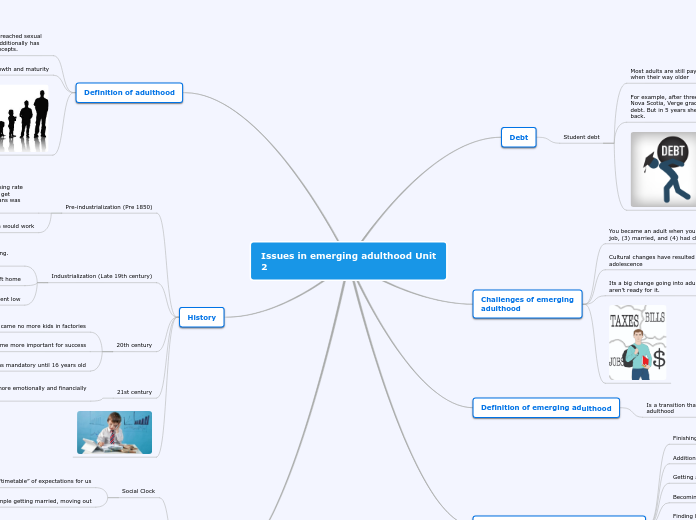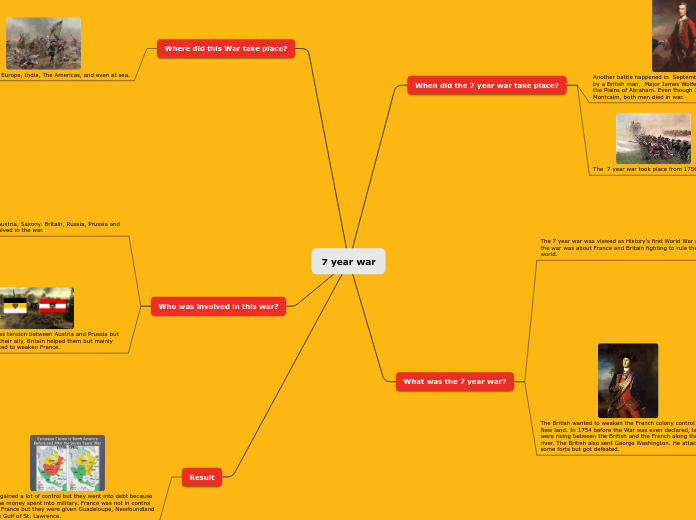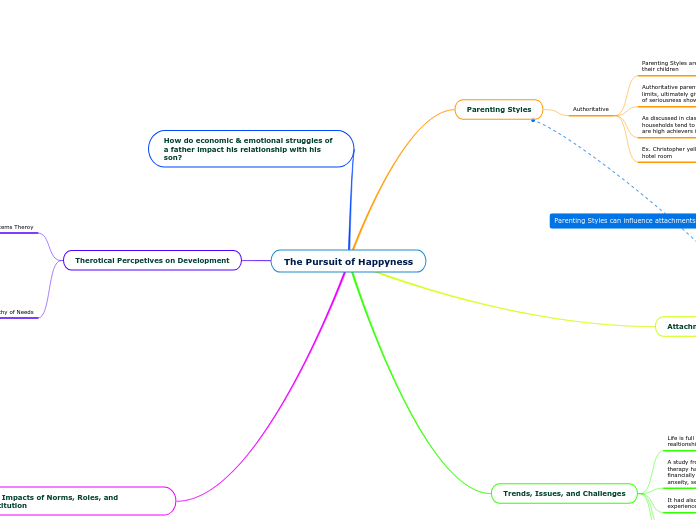da Crawford Ethan mancano 5 anni
502
Issues in emerging adulthood Unit 2
Emerging adulthood is a transitional phase that bridges adolescence and full-fledged adulthood. This period involves significant developmental tasks such as completing education, finding love, attaining independence from family, starting a family, pursuing further training, securing stable employment, and obtaining a home.









